Attention Different: “NON-ADHD SIBLINGS w/Dr. Sharon Saline”
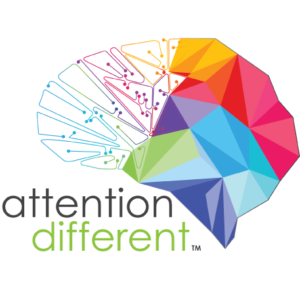

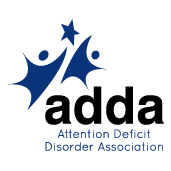
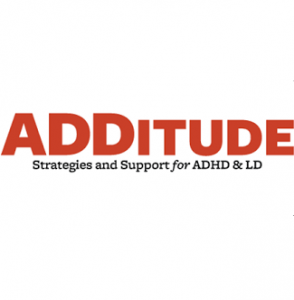

This month’s blog is actually an interview that I had with the team at ImpactADHD. com. It focuses on building resilience and competency as a way to help ADHD kids manage their anxiety. Check it out! http://impactadhd.com/manage-emotions-and-impulses/kids-with-anxiety/
Despite our best intentions, it seems like most families are frequently more stressed by the holiday season that they would like. Between our regular responsibilities of work, parenting and other life tasks, we now add shopping for gifts, planning family celebrations, attending holiday parties and cooking special foods. Perhaps you work all day, make dinner, put the kids to bed and then shop online or cook until midnight. Or maybe you rush out to shop during lunch, hurriedly eat a sandwich at your desk and then wrap gifts in the bathroom after the kids are asleep. Sound familiar? Everyone is excited about the holidays and there is much to enjoy.  Yet, sometimes you may feel like things are rushed and out of control. Parents often feel so pressured during this season. ADHD kids, with their knack for picking up when things are frantic and responding to that energy, really benefit from slowing things down. When too much stimulation comes at them, they just don’t have the ability to process what’s happening effectively. They become easily overwhelmed and, depending on their personalities, act out their feelings in ways that, unfortunately, can be inappropriate. You, too, may be reacting to all of the things you have to do in ways that aren’t your best self. How can you approach this holiday season so that everyone is calmer? Slowing down is the first, most important step. Many families just take on too much during this time of year. Perhaps you have some organizational or planning challenges yourself that add to feeling overwhelmed. Of course, exercise, yoga or meditation are generally helpful but you probably need more than that right now. Here are specific ways that you and your ADHD sons and daughters can manage the holidays with less stress and more calm:
Yet, sometimes you may feel like things are rushed and out of control. Parents often feel so pressured during this season. ADHD kids, with their knack for picking up when things are frantic and responding to that energy, really benefit from slowing things down. When too much stimulation comes at them, they just don’t have the ability to process what’s happening effectively. They become easily overwhelmed and, depending on their personalities, act out their feelings in ways that, unfortunately, can be inappropriate. You, too, may be reacting to all of the things you have to do in ways that aren’t your best self. How can you approach this holiday season so that everyone is calmer? Slowing down is the first, most important step. Many families just take on too much during this time of year. Perhaps you have some organizational or planning challenges yourself that add to feeling overwhelmed. Of course, exercise, yoga or meditation are generally helpful but you probably need more than that right now. Here are specific ways that you and your ADHD sons and daughters can manage the holidays with less stress and more calm:
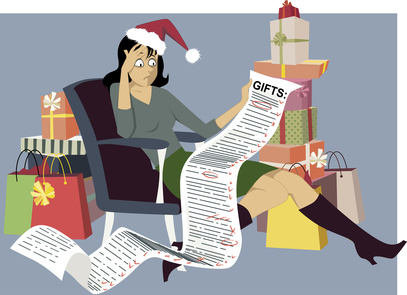 and impossible to accomplish in the time you have. Go through the list and mark the things that are most important to you. Since this can be hard to do, talk with your partner or a friend to assist you in prioritizing and eliminating. Removing, consolidating or getting help is the first step in creating balance.
and impossible to accomplish in the time you have. Go through the list and mark the things that are most important to you. Since this can be hard to do, talk with your partner or a friend to assist you in prioritizing and eliminating. Removing, consolidating or getting help is the first step in creating balance. holiday projects? Even if it takes management, you are connecting with them, teaching all kinds of skills and involving them in the process. It’s a win-win.
holiday projects? Even if it takes management, you are connecting with them, teaching all kinds of skills and involving them in the process. It’s a win-win.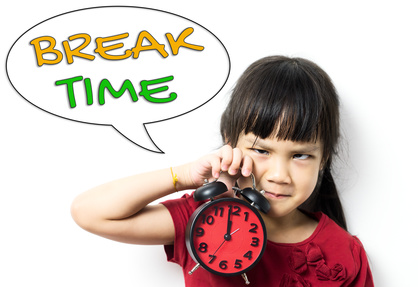 there is time each day for this. It doesn’t matter if they are reading, watching tv, playing a computer game, drawing, playing with Lego or listening to music–they need time with reduced input that they choose. This time helps their system de-activate. You, too, would probably benefit from some time like this.
there is time each day for this. It doesn’t matter if they are reading, watching tv, playing a computer game, drawing, playing with Lego or listening to music–they need time with reduced input that they choose. This time helps their system de-activate. You, too, would probably benefit from some time like this.  It sounds corny but less is actually more in these weeks. Take some time to do less and you and ADHD kids will reap the benefits! Happy holidays to you and your family!
It sounds corny but less is actually more in these weeks. Take some time to do less and you and ADHD kids will reap the benefits! Happy holidays to you and your family!